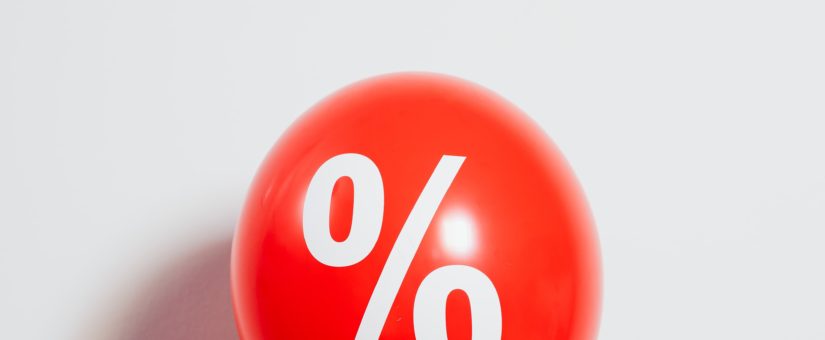
What do higher interest rates mean to me?
There is a lot of talk right now about how the Fed is likely to raise rates in March. I’m not going to speculate on weather they will or will not. That is a topic for another day. What I want to talk about today is what it could mean for you the retail investor should it happen.
There are three areas where I could possibly see people having an effect on their everyday life. But before I tackle those areas, let’s discuss the reason they would raise rates in the first place…inflation. What you read below is all theoretical. Nothing is guaranteed with rate decisions. Below are simply the concepts to understand why the Fed may do things the way they do.
Over the past 15 years, we have had very little inflation by comparison to historical standards. So, overall, the Fed has had very historically low interest rates. Money has been very cheap.
However, as prices go higher, it can hurt the typical American tax payer. The cost for food, gas, clothes, etc. go higher, and if their wages don’t increase along with it, that can be a problem. So, how would raising interest rates help that problem? The simple answer is that it makes money more expensive.
With a higher interest rate, people are less likely to take out a loan to start or expand a business. If there is a higher interest rate, the potential return is less. The same would hold true for a house. If mortgage rates are higher, then the price of housing would be controlled more as there would be less demand for a house. Because of that, it would keep housing prices down so it would allow more people to buy a home (if the price is low enough).
The effect on consumer goods is a bit more complex. If there is a lower interest rate, then there is theoretically more business expansion. Because of all the expansion, there is more labor demand. The increased labor demand will increase wages leading to an increase in cost of consumer goods as there are more people willing to pay a higher price for those goods. Inflation becomes a problem when the prices of those goods exceed the wages that are being paid to the labor force. When that happens, the Fed typically decides to raise rates. That is where we are right now.
Should the interest rate hike work, prices for consumer goods will not increase as much (possibly decrease) and allow for more Americans to have more purchasing power to be able to afford the basic needs of life. Once that happens, the Fed will likely stop raising rates.
Once again, this is all theoretical. It is only a general idea of why the Fed may do what they do.
So, getting back to the original question, if the Fed raises rates, how does it effect you?
- If you are looking to buy a car or home, you may not get the same interest rate you will have qualified for before the rate hike. This one is pretty obvious but does need to be taken into account if you are considering buying a vehicle or house. Also, if you think you can get a lower interest rate on your mortgage, now may be a good time to consider refinancing. If rates increase, that opportunity may not be there.
- The prices that you pay for consumer goods (I get frustrated going to the grocery store as well) will hopefully stop increasing so much.
- And now the bad news…. often times with rising interest rates, it is not a good thing for stock and real estate pricing in the short term. That doesn’t mean that the stock market will go down right away (or it is possible that the market may have already pulled back on the assumption that the rate increases will happen), but it is typically not a bullish thing in the short term.
If you have any questions on how we are preparing our clients for a rising rate environment, feel free to reach out at any time. mtosaw@rcmfs.com
- Posted by Mike Tosaw
- On February 7, 2022
- 0 Comment


